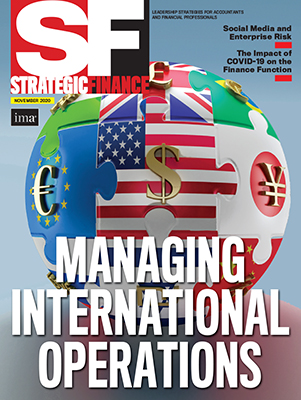The major change—Reg S-K hadn’t been amended in 30 years—is a shift to “principles-based” disclosure based on “materiality” instead of “prescription-based” requirements.
The importance of using materiality as a disclosure yardstick has become more obvious in the year of COVID-19. “We have seen disclosures shift to emphasize matters such as liquidity, cash needs, supply chain risks, and the health and safety of employees and customers,” SEC Chairman Jay Clayton said. Clayton highlighted the potential impact on human capital disclosures. “I would expect that the material human capital information for a manufacturing company will be vastly different from that of a biotech startup, and again vastly different from that of a large healthcare provider,” he explained.
The two commissioners who voted against the final rule said it should have included more prescriptive requirements regarding diversity and climate risk. The changes were generally applauded by business groups, some of which had previously made recommendations for changes around the edges. For example, Prat Bhatt, chair of Financial Executives International’s Committee on Corporate Reporting, wrote in 2019: “Overall, we support the Commission’s proposed amendments to modernize Regulation S-K Items 101, 103, and 105. We appreciate the effort to improve disclosures for both users and preparers.”

November 2020



